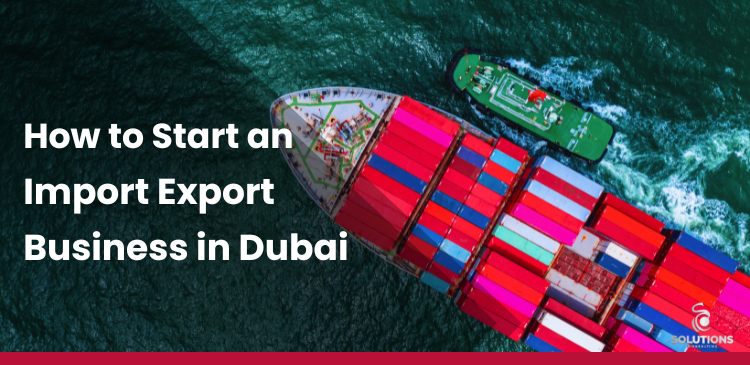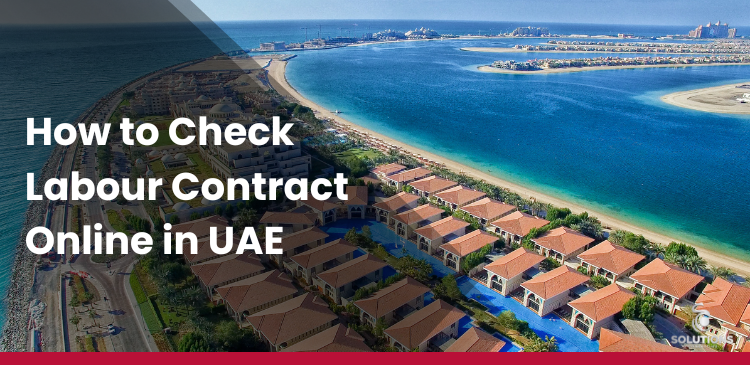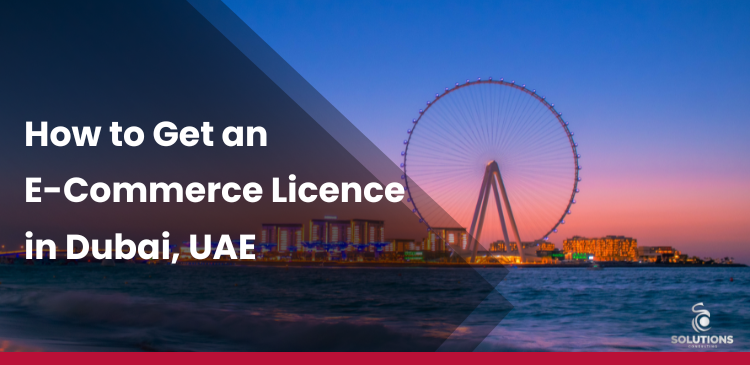Dubai has long been recognized as a global trade hub, attracting entrepreneurs and businesses from across the world. Its strategic location, world-class infrastructure, and business-friendly environment make it an ideal destination for establishing an import-export business. With access to international markets, a robust logistics network, and government support, Dubai offers a seamless entry point for entrepreneurs seeking to engage in the global trade landscape.
In this article, we’ll cover everything you need to know about how to start an import export business in Dubai, from the benefits and licensing process to the steps you need to take for a successful business setup.
Benefits of Starting an Import-Export Business in Dubai
Dubai’s import-export sector thrives on numerous advantages that make it an attractive option for entrepreneurs. Here are some key benefits you can enjoy:
1. Strategic Location
Dubai’s location between Europe, Africa, and Asia positions it as a gateway for global trade. Its proximity to major international shipping routes ensures quick access to a broad range of markets.
2. Business-Friendly Environment
The UAE government encourages entrepreneurship with simplified procedures for starting and operating a business. Import-export businesses in Dubai can benefit from low taxes, easy business setup, and clear regulatory frameworks.
3. Open Economy
Dubai boasts one of the most open economies in the world. With a commitment to international trade, the city allows foreign companies to operate with minimal restrictions, ensuring seamless movement of goods across borders.
4. Top-Notch Infrastructure
Dubai’s infrastructure is world-class, with state-of-the-art ports, airports, and roads designed to accommodate large-scale trading. Ports like Jebel Ali and airports like Dubai International are integral parts of global trade.
5. Free Trade Agreements
The UAE has signed multiple free trade agreements with various countries, offering businesses in Dubai preferential access to these markets. This gives companies the chance to expand internationally with reduced tariffs and regulatory barriers.
6. Government Support
The government offers a range of incentives for businesses, including tax exemptions in free zones, simplified licensing processes, and access to government-backed funds and initiatives to boost international trade.
Import and Export Business License in Dubai
To start an Import Export business in Dubai, obtaining the right business license is essential. The process involves registering with the relevant authorities and obtaining permits to import and export goods to and from Dubai.
Depending on the specific nature of your business, you will either need a general trading license, which covers a variety of goods, or a more specific import-export license for specialized products.
License Types:
- Import-Export License: Grants you permission to trade specific goods, such as electronics, textiles, food, or machinery.
- General Trading License: Allows you to trade various goods without restrictions on the type of products.
The cost of obtaining an import-export business license can vary depending on the location of your business. Here’s a breakdown of the license cost across different emirates:
- Dubai Mainland: The cost of import-export licenses in Dubai mainland starts from around AED 15,000 to AED 25,000.
- Free Zones: Setting up in a Dubai Free Zone can be more cost-effective, with license fees starting at around AED 10,000. Free zones such as Jebel Ali Free Zone (JAFZA) and Dubai Airport Free Zone (DAFZA) are popular options for businesses looking to trade internationally, thanks to tax benefits and 100% ownership rights.
While starting your import-export business in a free zone offers numerous advantages like full foreign ownership, it’s essential to note that businesses operating in free zones may face restrictions on trading directly within the UAE market. Companies based in free zones can only conduct business within the UAE through local distributors or agents.
How to Start an Import Export Business in Dubai, UAE
Starting an import-export business in Dubai involves several key steps. Here’s a comprehensive guide to help you navigate the process smoothly.
1. Choose Your Business Location
The first step in setting up an import-export business in Dubai is to decide whether you want to operate in Dubai Mainland or a Free Zone. While Dubai Mainland gives you access to the local UAE market, setting up in a Free Zone can offer significant tax benefits and simplified regulations for international trade.
- Dubai Mainland: Businesses in the mainland have full access to the UAE market, but you’ll need a local sponsor or partner to hold 51% of your business shares.
- Free Zones: If your focus is on international trade, free zones provide several advantages like 100% foreign ownership, tax exemptions, and streamlined regulations. Each free zone has its own specific advantages based on your trade focus.
2. Register Your Business Name
Once you’ve chosen your location, you need to register your business name with the Department of Economic Development (DED) or the relevant free zone authority. Your company name must comply with the UAE’s naming regulations, avoiding any offensive language or religious references.
After your business name is approved, you will receive a trade name registration certificate, which is required for further steps.
3. Obtain an Import-Export License
Securing the right license is crucial for your import-export business. You can apply for a general trading license if you plan to import/export a broad range of goods or opt for a specialized license if your business involves specific product categories.
4. Register with Dubai Customs
To legally import or export goods, your business must be registered with Dubai Customs. This process involves filling out an application form, submitting the required documents, and obtaining a Customs Code, which enables you to engage in international trade.
Key Documents Needed:
- Trade license
- Passport copies of shareholders
- Business registration documents
Once registered, you can utilize the Dubai Customs portal to manage import-export declarations, pay customs duties, and track shipments.
5. Open a Business Bank Account
For any business in the UAE, having a corporate bank account is a legal requirement. Many local and international banks in Dubai offer a wide range of business banking services tailored to support trade activities.
6. Obtain Visas
As a business owner, you will need to obtain a residency visa to operate your business legally in Dubai. If you plan to hire employees, you can also apply for employment visas for your staff. Depending on the free zone or mainland, the number of visas you are eligible for will vary, with free zones typically offering more visa options based on your office space.
Consult with SolutionsFZCO to Start an Import Export Business in Dubai
Setting up an import-export business in Dubai may seem daunting, but with the right assistance, the process can be smooth and efficient. At SolutionsFZCO, we specialize in providing comprehensive business setup services, with a focus on import-export businesses.
From helping you choose the right business location to expedite your licensing and customs registration, our experienced team has the local contacts and expertise to get your business up and running quickly.
Reach out to us today and take the first step toward establishing your import-export business in Dubai!







